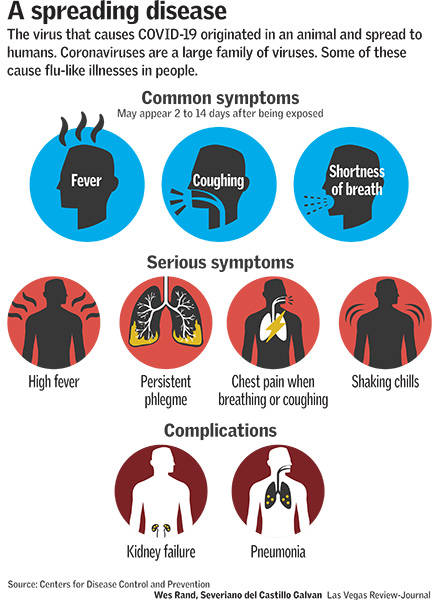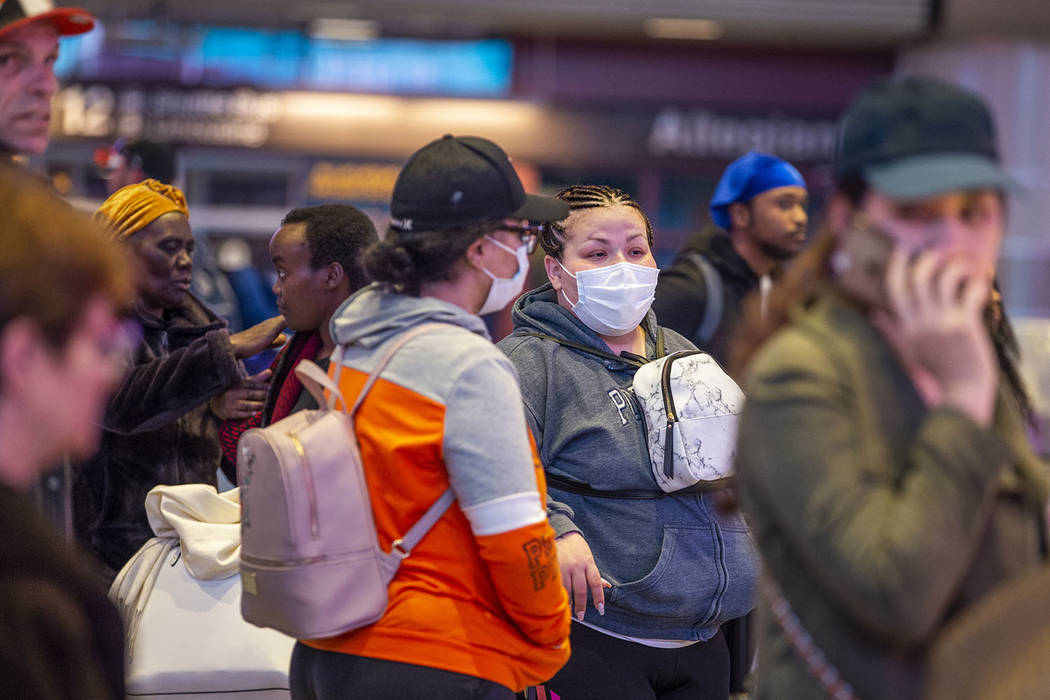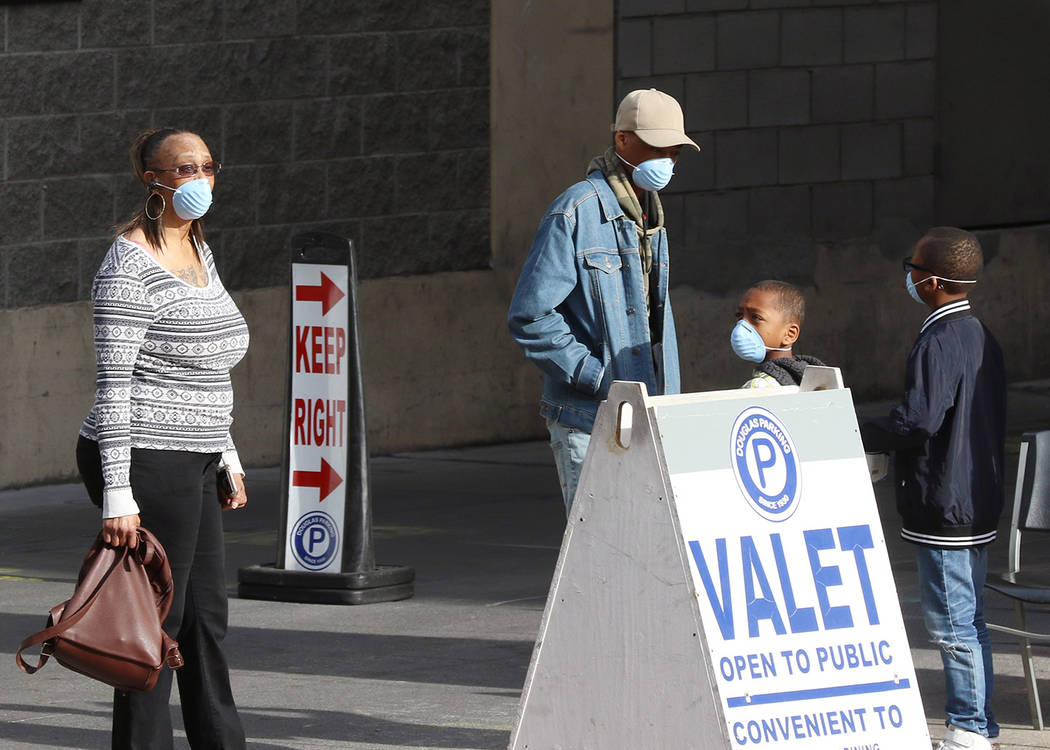What we know — and don’t know — about the coronavirus
In the past three months, “coronavirus” has become a household word. But how much do we know about the virus and the disease it causes, COVID-19? Here are some key facts as well as information about what to expect and how to prepare.
What is the new coronavirus?
It is part of a large family of viruses named for their shape, which resembles a crown with spikes. “Corona” is the Latin word for crown.
Coronaviruses are found in many species of animals. In rare instances, animal coronaviruses may also infect people. Several coronaviruses found in people cause symptoms of the common cold. A few produce severe illnesses, such as severe acute respiratory syndrome, first identified in China in 2003, and Middle East respiratory syndrome, first reported in Saudi Arabia in 2012.

COVID-19, the respiratory illness produced by the new coronavirus, has fallen somewhere in the middle in terms of severity, with symptoms similar to those of the flu, such as fever, cough and shortness of breath.
The World Health Organization says the virus kills about 3.4 percent of the people it infects. Other estimates point to a lower range, particularly in countries with advanced health care systems.
Where did the virus come from?
It was first identified in people in Wuhan, a city in China’s Hubei province, in late December. Authorities say it was transmitted from an animal species to humans at a Wuhan market that sold meat and live animals.
“In some places in the world, humans and animals interact much, much more actively than they do in this country,” making such transmission more likely, said Karen Duuscq, an associate professor of microbiology and immunology at Touro University Nevada in Henderson.
How does the virus spread?
Evidence suggests that it primarily spreads much as the flu does — through droplets from a sneeze or a cough, or by touching an infected surface. Tests by the U.S. government and outside scientists published Wednesday showed the virus can live on surfaces for up to three days.
What are the symptoms of COVID-19?
The CDC lists three symptoms for COVID-19: Fever, cough and shortness of breath. It says symptoms may appear two to 14 days after exposure.
Most people infected by the new coronavirus develop mild or moderate symptoms and recover after about two weeks. But the World Health Organization notes that in more severe cases, “infection can cause pneumonia, severe acute respiratory syndrome, kidney failure and even death.”
The CDC guidelines list these “emergency warning signs of COVID-19” — difficulty breathing or shortness of breath; persistent pain or pressure in the chest; new confusion or inability to arouse or bluish lips or face — and says anyone experiencing any of them should get medical attention immediately.
How can we protect ourselves?
Though there’s been a run on surgical masks at drugstores, health authorities say that wearing one provides minimal protection, if any, against airborne droplets. However, it may keep people from touching their face, which is a good thing in terms of avoiding germs.
An infected person should wear a mask, because it covers the person’s cough or sneeze. Health authorities say that the sturdier N95 face mask protects against the virus, but they note that it needs to be fitted to the individual. They aren’t recommending it for the general population.
Authorities are primarily recommending that people take the same sorts of precautions that protect against the flu: frequent hand-washing, avoiding touching your face, disinfecting frequently touched surfaces such as doorknobs and staying home when sick.
Shoppers also have been engaging in panic buying of other supplies, including bottled water, cleaning products and toilet paper, despite calls from authorities to moderate their behavior. The Southern Nevada Water Authority also has sought to assure residents that their taps won’t go dry even if the pandemic worsens.
Contact Mary Hynes at mhynes@reviewjournal.com or 702-383-0336.
















